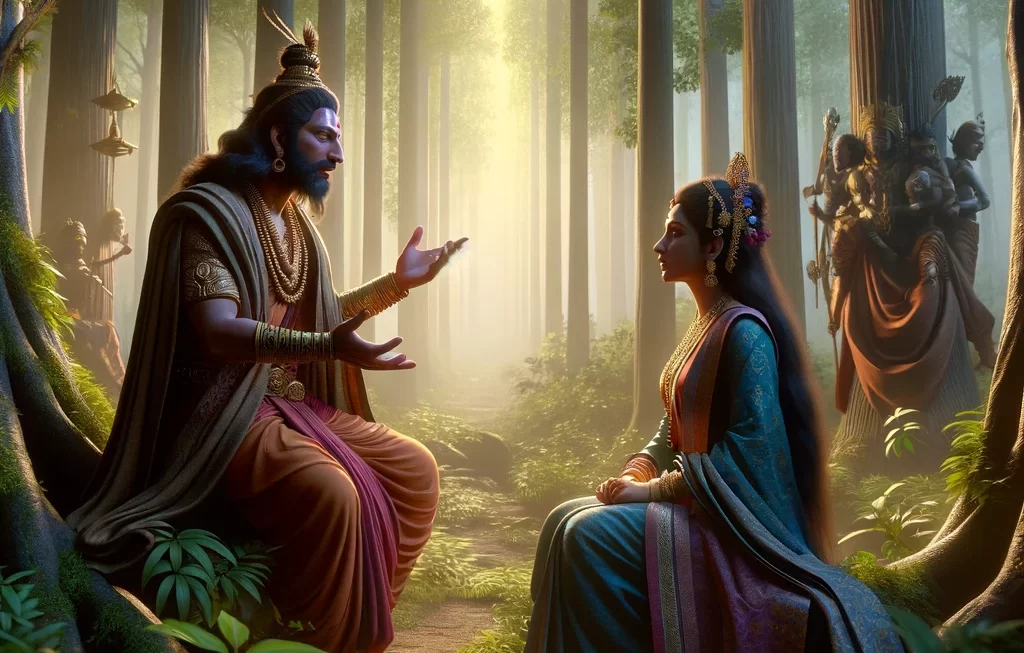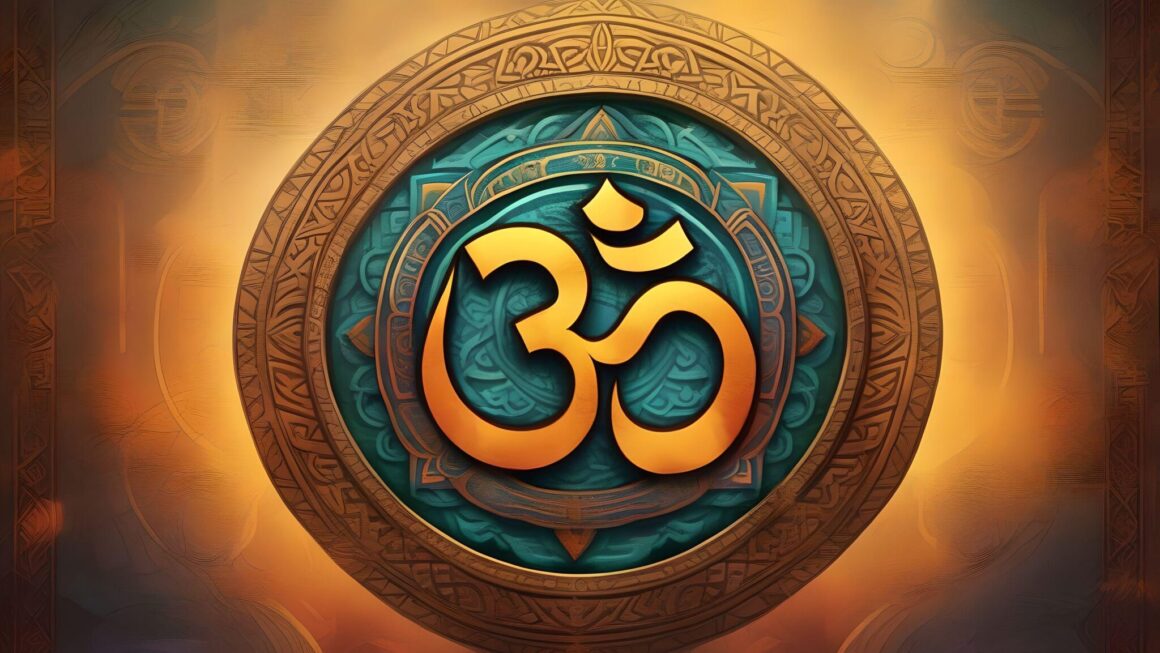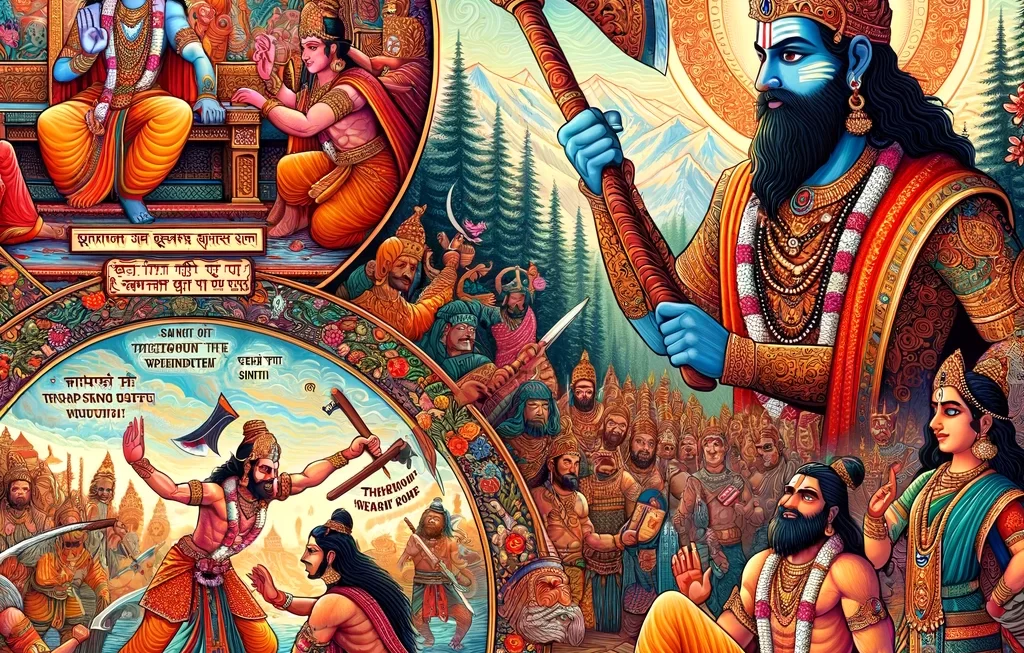In the rich tapestry of Indian epics, the Mahabharata stands as a beacon of eternal wisdom, offering insights into the human condition and the intricate laws of karma and dharma. Among its profound narratives, a compelling statement by Maharaj Yudhishthira in the Vana Parva captures the essence of self-responsibility and the philosophical concept of destiny: “You cannot blame anybody for what happens to you; what happens to you is because of your own doing.” This reflection, coming from a character celebrated for his adherence to truth and righteousness, invites us to explore the depth of personal accountability in shaping our lives.
The Echoes of Yudhishthira’s Wisdom
Maharaj Yudhishthira, revered as the embodiment of justice and moral integrity, imparts a lesson that resonates with the core principles of Hindu philosophy. His statement is not merely a commentary on the nature of fate but a profound acknowledgment of the law of karma, where every thought, word, and deed sets in motion a sequence of outcomes that define our existence.
The Essence of His Teaching: Yudhishthira’s wisdom challenges us to introspect and recognize our role in the creation of our life’s tapestry. It emphasizes the power vested in individual actions and the subtle ways in which they craft our destiny. This perspective nurtures a profound sense of personal empowerment and liberation from the shackles of victimhood.
Delving into the Context
The Crucible of Exile: The quote emerges from the Pandavas’ arduous journey through the Vana Parva, a time of trials, tribulations, and immense personal growth. This backdrop of adversity serves as a fertile ground for the emergence of such wisdom, highlighting the transformative power of challenges in unveiling the truths of life.
Modern-Day Resonance: In today’s era, where external circumstances are often blamed for personal discontent, Yudhishthira’s words act as a beacon of self-empowerment. They urge us to seize control of our narrative, encouraging a shift from reactivity to proactivity in our approach to life’s hurdles.
The timeless wisdom of Maharaj Yudhishthira, as narrated in the Vana Parva of the Mahabharata, offers a profound exploration into the principles of self-responsibility and the law of karma. It teaches us that our destiny is not a pre-written script but a dynamic canvas, continuously shaped by our actions and choices. In embracing this understanding, we unlock the potential for profound personal growth and the realization of our highest ideals.
In-Depth FAQs
Q: How does Yudhishthira’s teaching align with the broader principles of Hindu philosophy?
A: Yudhishthira’s teachings echo the Hindu philosophical tenets of karma (action) and dharma (righteousness), emphasizing the significance of ethical conduct and personal responsibility in determining one’s fate.
Q: Can Yudhishthira’s perspective on destiny be applied in contemporary settings?
A: Absolutely. In the context of modern challenges, his insights inspire individuals to reflect on their role in shaping their circumstances, advocating for a proactive stance towards life’s adversities and opportunities.
Further Exploration
- Bhagavad Gita: Offers deep insights into the nature of duty, action, and the self.
- The Laws of Manu: Provides a detailed account of dharma and the ethical foundations of Hindu society.




